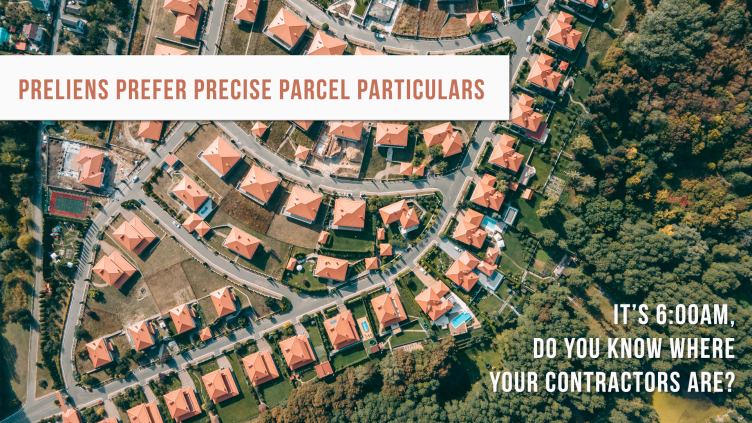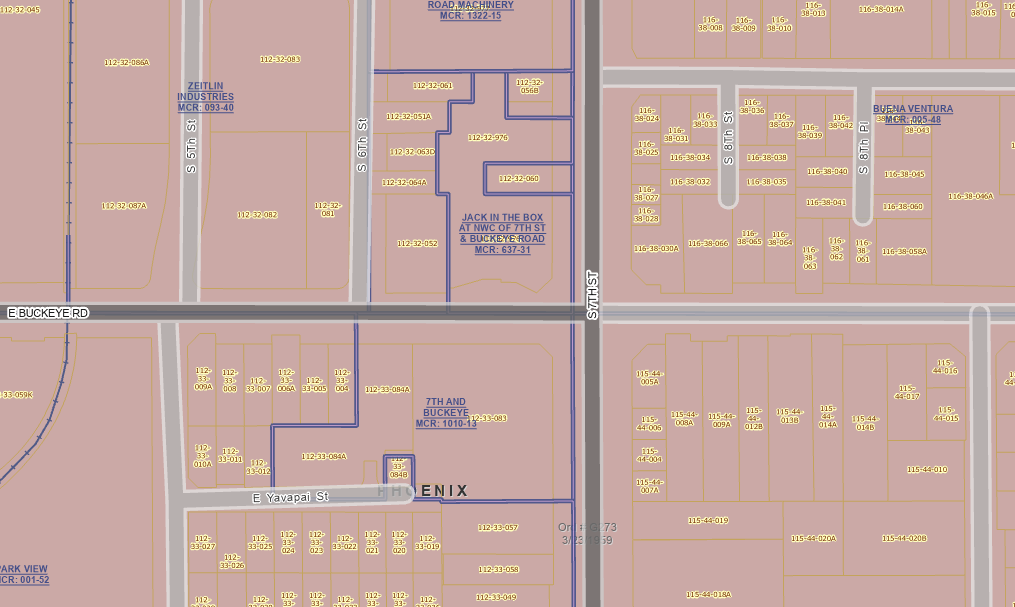What does a Mechanic's Lien actually do?
About the Author: Amy Houk
What does a Mechanic's Lien actually do?

It seems obvious, right? A Mechanic's Lien will force the owner or general contractor to pay you. Well, not exactly. Let's dig deeper... here is the legal definition of a mechanic's lien: A mechanic's lien is a statutory lien secured by real or personal property for labor or materials used to improve, maintain, or repair property. The mechanic's lien provides a security interest that can be enforced by the holder against the piece of property if the debt is not paid. (Source: Cornell Law School: Legal Information Institute)
Okay, let's dissect that a bit more... the mechanic's lien provides a security interest that can be enforced by the holder against the piece of property if the debt is not paid. A little more... piece of property where the work is being performed. The statutes, for the most part, don't really care where the work is being fabricated or manufactured, it's where your product is being installed, the labor is assembling the building onsite, the materials are being used. Where does the final product reside?
Simply put, a mechanic's lien secures your right to pursue payment via property foreclosure of the real property where the work is being performed. If your project has gone sideways for one of any number of reasons, the mechanic's lien on that property is a solid remedy for negotiation and discussion (always involve your construction attorney in these discussions).
Now, let's backtrack a little... proactive states that require you provide some kind of notice to the owner of your lien right will have you serving lien documents to the upstream project parties almost always (I struggle to think of a state that doesn't require this) require you to properly notify the owner of record (owner on title) of any lien right you may have. Why? Because, at the end of the day, it is their real property (the dirt) that is in jeopardy of being foreclosed on.
When you are submitting a prelien request to your lien company or you are doing them yourself, it is CRITICAL that you ensure you are providing the accurate location of the project to ensure you are securing your right on the correct property.
Let's take a look at this snippet of a parcel map for Phoenix, AZ. Many times, when we are provided a jobsite address, we will receive something like, "7th & Buckeye". Which will immediately have us reach out to you for clarification, like this:
- Is that 7th Street, Avenue, or Place?
- Is it the NW, NE, SW, or SE corner?
- Is it actual road work on that intersection?
- Is this for a property in that area?
- What kind of project is this?

If you look at the map, there are any number of parcels this project could attach to if this isn't a roadwork project. Proper parcel identification is critical to ensuring lien rights are secured accordingly. If we start off the project with bad prelien data, it can snowball and really make an impact when push comes to shove.
"This is all the information I have, can't you do something with it?" Yes, we get this very often. The short answer is, no. Come on, I mean, it's not like your equipment or teams are wandering aimlessly until they stumble upon a project that looks right and begins doing work there. Right? Someone knows where your equipment, materials, or people are going... if not, then there are other problems that can't be solved with a prelien.
Here's the long and short of it: when we have insufficient project information to establish your lien right, there's nothing to secure that lien right against if it's wrong. Yes, there are other remedies in some states that put the onus on the recipients of the prelien to inform you of errors within a certain number of days, but not many contractors do that and not many states shift that responsibility to the owner or general contractor - you should NEVER rely on this when sending inaccurate or insufficient preliens. MOST states will insist you have it correct the first time.
Everything we do is dictated by the calendar: so many days to serve document to establish your lien right, so many days to serve a notice of intent to lien before filing a lien, so many days to record your lien, so many days to serve your lien, so many days to release your lien, and so on. So when lien companies aren't provided the proper and exact scope of where you are working or supplying materials to, we are wasting time... critical time that can't be extended. Most counties in the country have assessor offices (or similar) that provide ownership details of properties free of charge by looking. This will only help expedite your requests, ensure your are securing your lien right properly the first time, and that all parties are duly informed of your presence on the project and the work you provide.
It's hard enough to get paid at present, don't make it easy for someone to stiff you because you either: a) didn't prelien your projects or b) preliened the wrong property. Don't even get me started on the ramifications of filing a faulty lien. That's a post for another time.
In summary, an ounce of prevention equals a pound of cure. In this case, it's more like an ounce of research equals a pound of confidence. Confidence that if it hits the fan, you have a raincoat. Until next time...
